In this interview with Emmanuel Addeh, Oluseun Awonuga (SAN), Head of the Litigation Practice Area at Babalakin & Co, the firm representing Chappal Energies, responds to questions in the wake of the recent public declaration by the Economic and Financial Crimes Commission (EFCC), regarding Mr. Ufoma Immanuel, Chief Executive Officer of the energy firm.
The senior lawyer provides legal, procedural and contextual insight into the matter, including what the injunction actually covers, why the notice raises serious rule of law concerns, and what investors should understand about the underlying dispute.
The EFCC’s notice has generated intense public interest. From a legal and factual standpoint, what exactly is the issue here?
The notice is deeply problematic because it was issued in direct conflict with an active order of the High Court of the Federal Capital Territory. The court, having been apprised of a civil dispute between shareholders, issued an injunction on 11 September 2025 restraining the EFCC from inviting, interrogating, arresting or detaining Mr. Immanuel or Chappal Energies while that matter is ongoing.
That injunction is still valid. It has neither been appealed nor set aside. Under Nigerian law, an agency cannot take enforcement steps that the court has prohibited. So the real issue here is not the dispute itself. It is the disregard for a court order.
From a factual perspective, all allegations raised in the petitions are false and have already been addressed through documented submissions made during prior engagements with the EFCC.
The anti-graft agency implied that the Chappal CEO, Immanuel, was unavailable. Is there any truth to that?
None. Both Mr. Immanuel and Chappal Energies are fully reachable through official email addresses, phone lines and physical offices. These are the same channels used for earlier correspondence with the EFCC, including two previous attendances in 2025 when he responded to formal invitations and provided full documentation.
There was no invitation before this notice. No new petition was presented. No charge was filed. No warrant exists. No statutory step was taken. Any informed observer can see that this sequence raises serious questions about motive, not compliance.
From the documents now in the public domain, the dispute seems to originate from a shareholder disagreement. Why do you think what you said is a civil matter escalated this far?
That is the crux of the problem. Civil disagreements belong in court or arbitration. They should not be prosecuted through law enforcement.
Court filings and CAC records already identify the opposing shareholder as Mr. Adebisi Adebutu, acting through R28 Limited. Multiple petitions arose from that dispute. However, civil litigation is already ongoing. The court is already adjudicating it, and the injunction exists precisely to prevent attempts to exert pressure through enforcement agencies.
When a civil disagreement is converted into an enforcement action despite an injunction, it raises concerns beyond the immediate dispute. It raises questions about the ability of private parties to mobilise state tools in ways that undermine judicial authority. That is a dangerous precedent.
Some Nigerians argue that enforcement agencies must be empowered. How do you balance that with your criticism here?
Enforcement agencies must absolutely be empowered. What they cannot be is unrestrained. The point is not to weaken the EFCC. It is to remind all institutions that the courts set the guardrails. These guardrails protect everyone, including the agencies themselves.
If an agency can ignore a court order today because it is convenient, then tomorrow another agency can ignore another order for political or personal reasons. Once that happens, the rule of law collapses. Nigeria needs strong institutions, but strength must be lawful.
What steps are being taken to address the situation moving forward?
Three immediate steps are underway. First, we have escalated the matter formally to the Attorney General of the Federation who has acknowledged receipt. His office has oversight responsibility for the EFCC and has the statutory authority to intervene when due process concerns arise.
Second, the ongoing inquiry by the Department of State Services is examining the conduct surrounding earlier engagements with the EFCC. That process predates the public notice and is already active.
Third, we are returning to court to ensure strict compliance with the injunction. If an agency violates a court order, it is the responsibility of counsel to ensure that the court’s authority is reaffirmed. Chappal is committed to full legal recourse, not public theatrics.
You referenced investor concerns. What signal does this incident send to the business community?
It signals that commercial actors, including families and private individuals, may be able to deploy enforcement agencies in civil disputes. That is not acceptable in any jurisdiction that seeks long-term investment.
Nigeria is pushing for capital inflows. Investors assess not only the market but also the legal environment. They need to know that court orders are respected and that agencies operate within the boundaries of law. Any erosion of that confidence has a direct cost on investment appetite, risk premiums and capital flow.
Some have said Chappal should simply settle the matter quietly. How do you respond to that?
The law does not permit shortcuts when a court is already apprised of a matter. The appropriate path is lawful resolution, not coercive pressure. Chappal will defend its rights and reputation through the courts and through proper regulatory channels. This is the conduct of a responsible company.
Nigeria needs corporate citizens who insist on due process, not those who normalise circumvention.
Finally, what would you like the Nigerian public and industry observers to understand most clearly from this incident?
Three things. First, the allegations are false. They have already been addressed through documented submissions, and the civil dispute is under judicial management.
Second, the EFCC notice contradicts an active court order. That is a matter of legal procedure, not public opinion.
Third, Chappal Energies will continue to operate transparently, comply with all legal obligations and pursue lawful remedies. The rule of law protects everyone. Once it is compromised, the entire investment ecosystem becomes vulnerable.
Nigeria must decide whether it wants to be a jurisdiction governed by courts or by tactics. The choice has consequences.
Oluseun Awonuga (SAN)






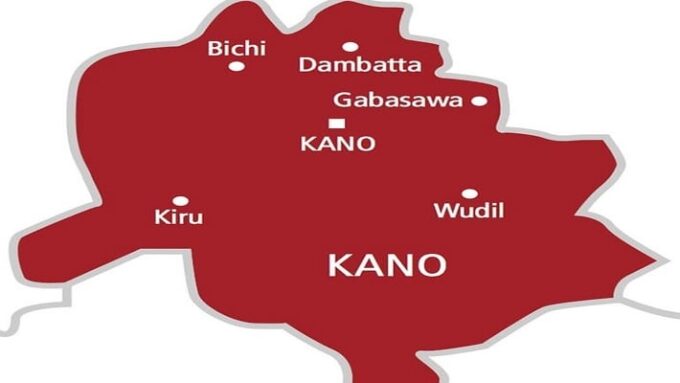
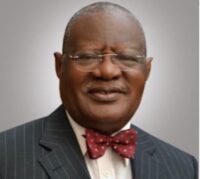

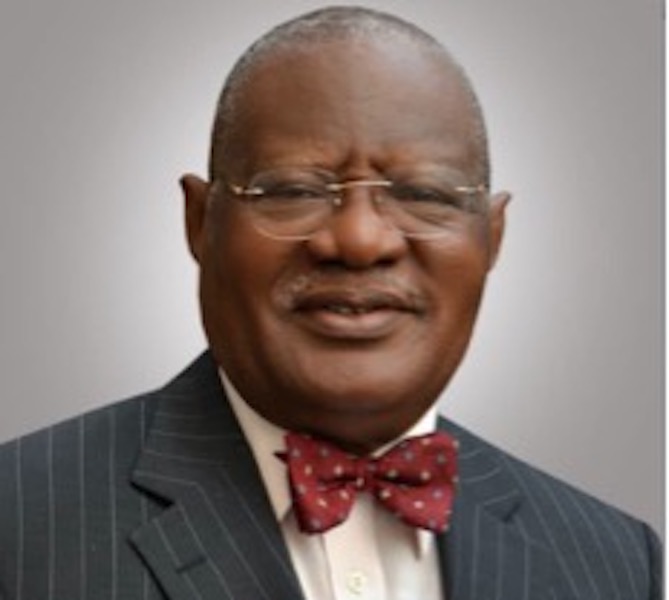
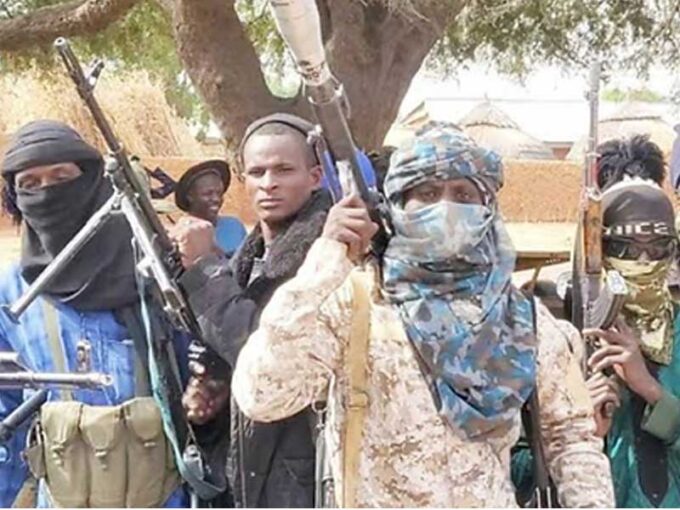
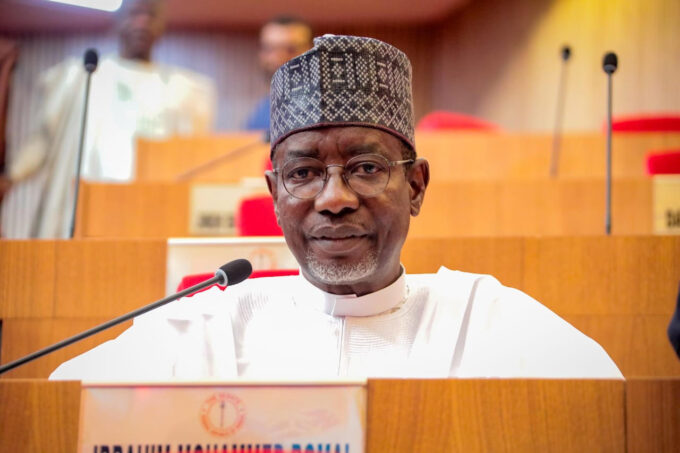
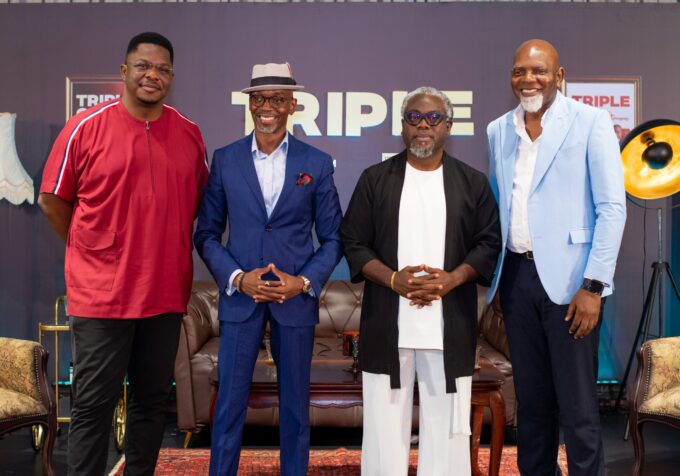


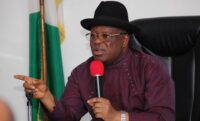
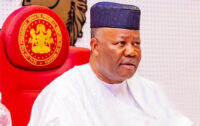
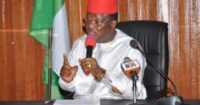
Leave a comment